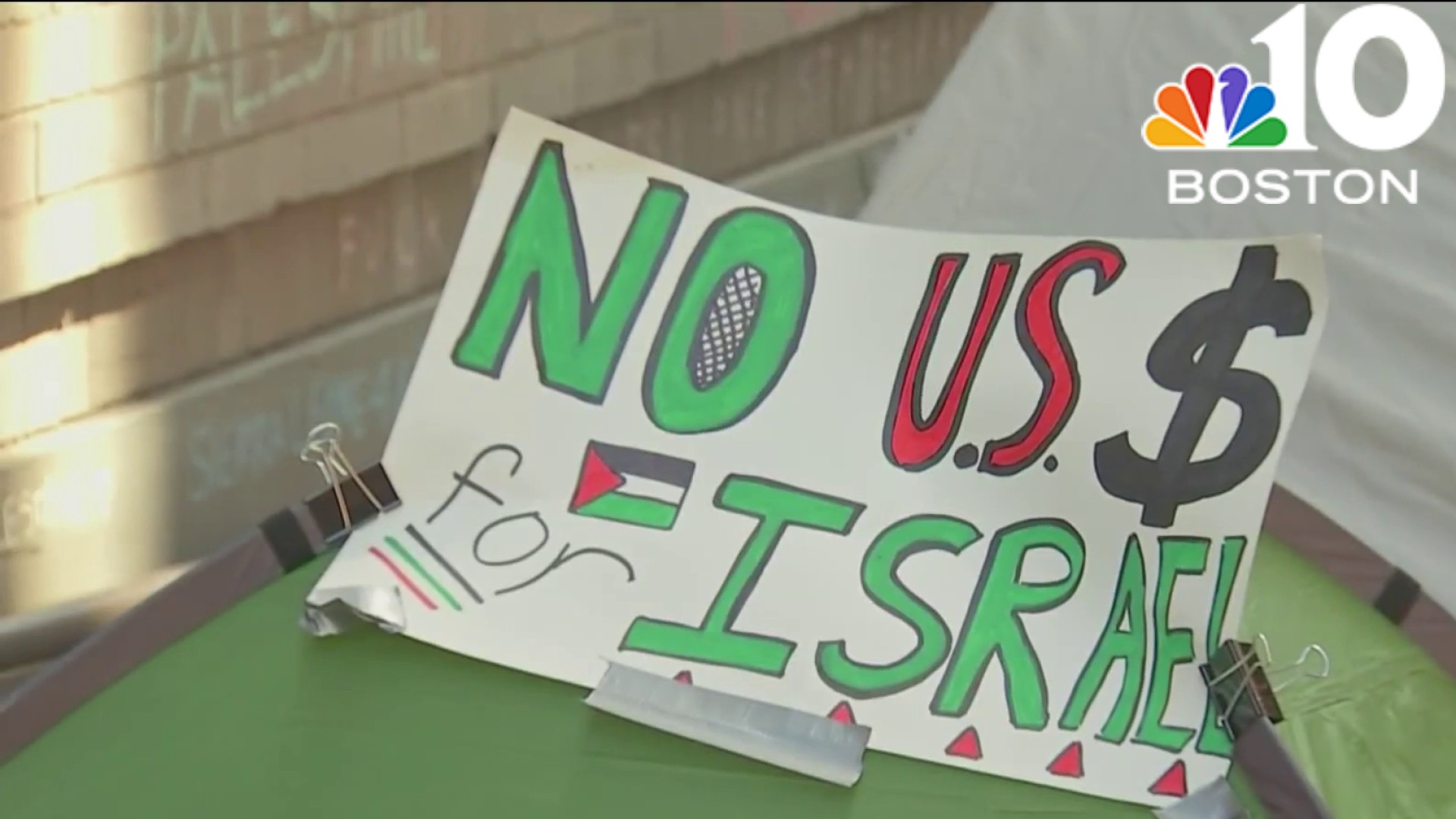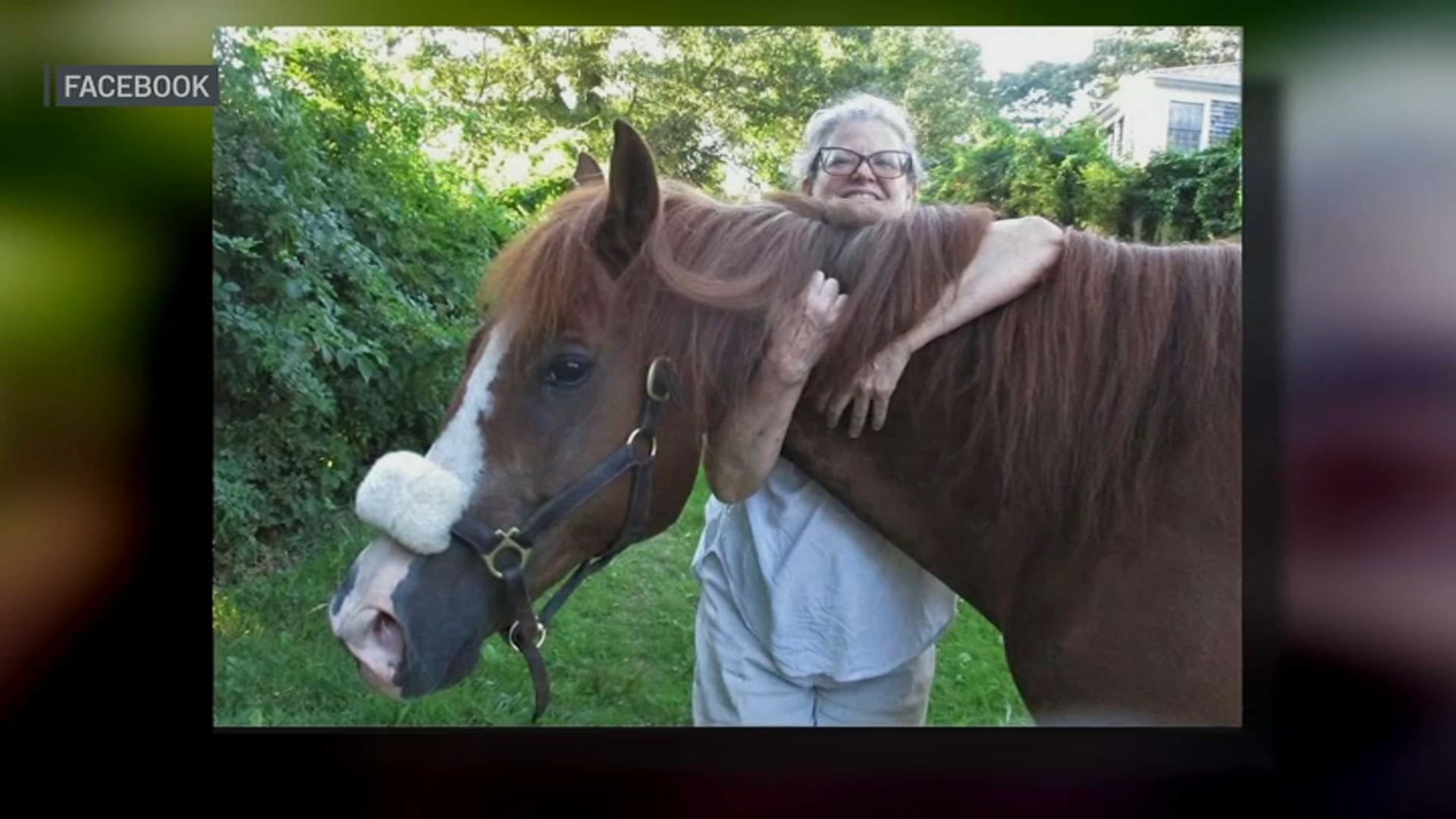Community leaders are asking parents to talk to their children after two recent incidents in which Boston students were taken to hospitals after taking edibles.
One student at the Tobin School in Roxbury was brought to a hospital on March 6, and another incident Tuesday at the Henderson Upper School in Dorchester saw three students hospitalized as a precaution.
"We avoided a potentially more serious situation here," Boston Mayor Michelle Wu said Wednesday. "We need this to be a whole-community conversation across not just the students, but everyone who who's involved in in our young people's lives."
The Centers for Disease Control and Prevention has warned that the amount of THC is hard to measure in edibles and can leave many people caught off-guard by strong and long-lasting effects.
Get Boston local news, weather forecasts, lifestyle and entertainment stories to your inbox. Sign up for NBC Boston’s newsletters.
Dr. Lauren Rice, chief of pediatric emergency medicine at Tufts Medical Center, says the hospital has seen an uptick in recent years of younger adults needing medical attention after ingesting edibles.
"We're seeing kids with nausea and vomiting, and then in higher cases or higher dosages, we're seeing kids that have effects on their heart rate. So either too slow or too fast," Rice said.
While the symptoms may vary, Rice says there are likely several reasons the impact can be more intense.
Local
In-depth news coverage of the Greater Boston Area.
"These tend to come in highly-concentrated, smaller amounts with higher dosage of THC -- maybe taking one or two or are not really knowing how much they should be taking. And so they're taking more," she said.
The Massachusetts Teachers Association also weight in Wednesday, calling for more positions to be filled in schools to help educators ensure students aren't experiencing physical or mental distress.
"Because recognizing those signs is so important to the well-being of our children and for maintaining healthy learning environments, the MTA has been advocating for funding to increase the numbers of counselors and nurses in our schools," MTA President Max Page said in a statement.
Leaders with Boston Public Schools are urging parents to talk to their kids about the risks.
"Awareness is key," agreed Rice. "Just having the conversation, understanding that these products are out there."
Members of the community just wrapping their heads around what they say seems to feel like an ever changing playing field.
"It's really hard for me to even imagine what it's like to be a parent with these types of issues coming up," said Lisa Sulda.
"When you make something legal, it takes on a whole new spectrum. We are not looking at the source. We're not spending the money in schools to educate people. We're not giving the teacher the tools," said George Blumenschein.
"I don't know how you would try to limit it," countered Peter Hylton. "Kids are going to do what kids do."
Boston Public Schools also put out an important reminder that recreational marijuana is legal for adults 21 and over in the state, but it is not permitted on school grounds.



